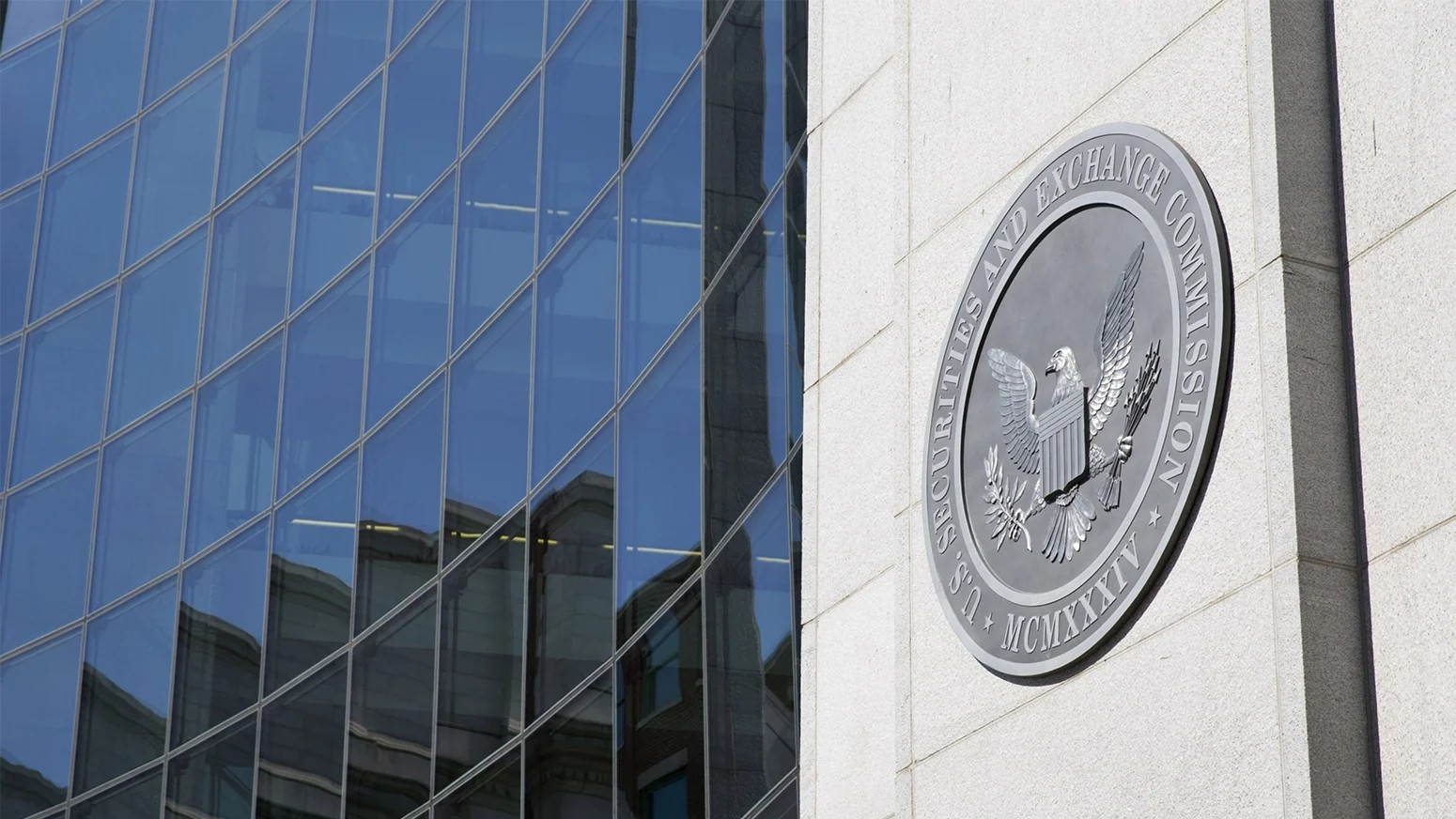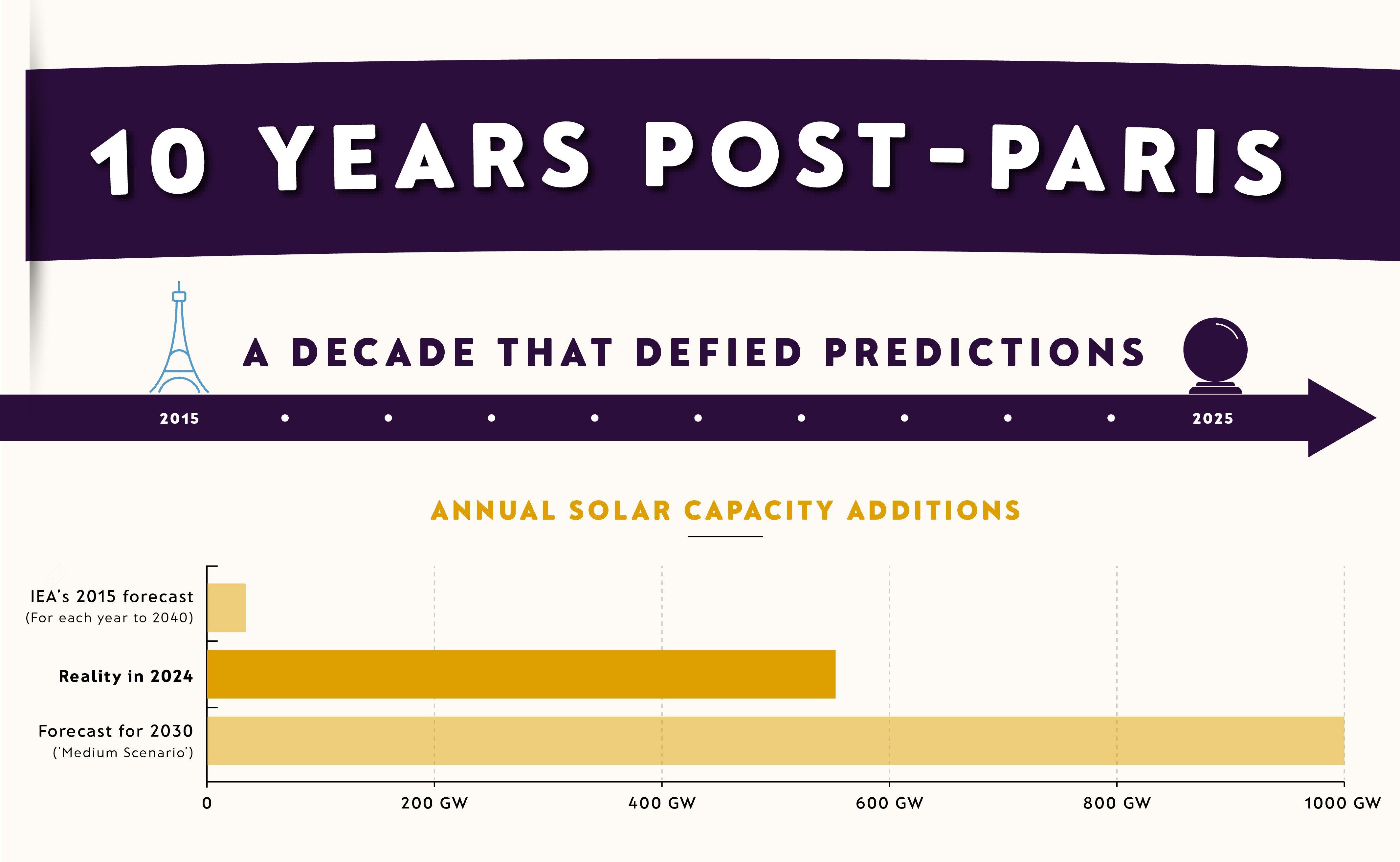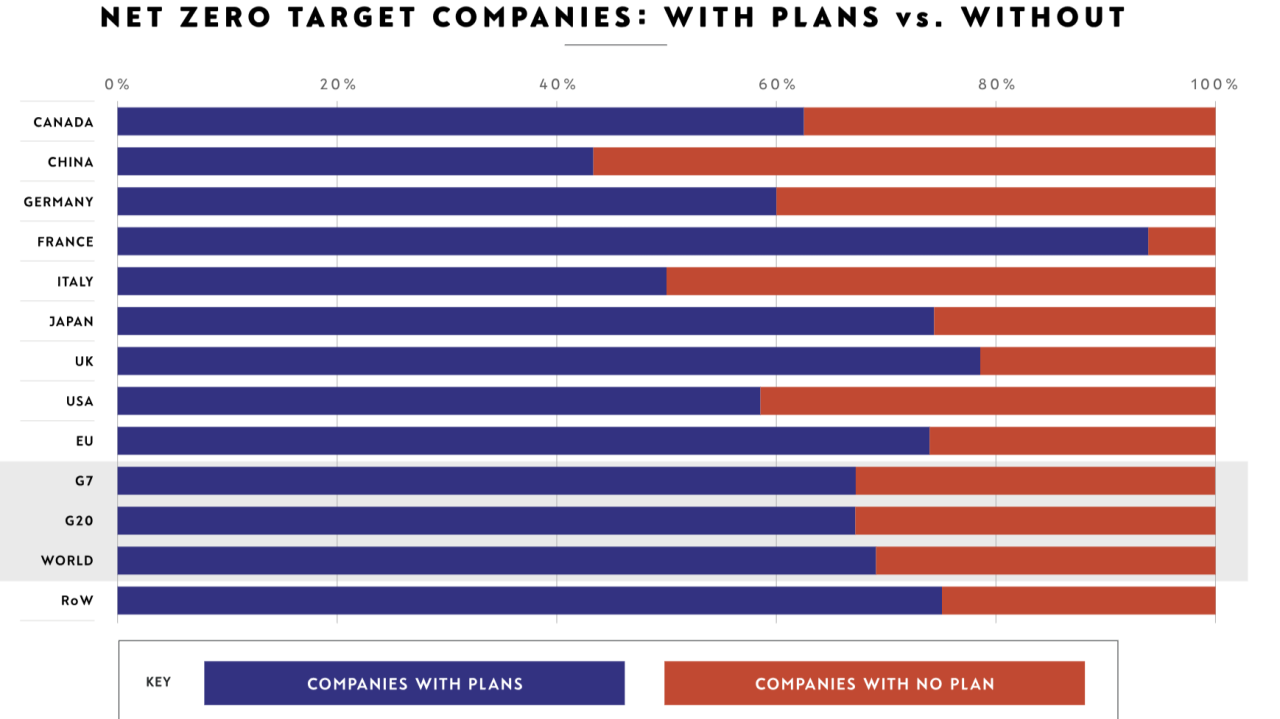
No US taxonomy but TCFD-flavoured SEC disclosure rules to do the heavy lifting

Keith Mullin
35 years: Capital markets editorial
In essence, ESG taxonomies are frameworks that classify what is sustainable and what isn’t and they set the bar in terms of minimum requirements. As demands for mandatory corporate ESG disclosure grow, so, too, do demands for detail classification methodologies. Do formal taxonomies need to be central to defining what sustainability is? Not necessarily.

The US is one such jurisdiction that is currently taking a different path to net-zero. There is a lot that is riding on the US Securities and Exchange Commission’s climate-related disclosure proposals, which are currently in the process of being finalised before being enshrined in securities regulations. They will end up doing a lot of the heavy lifting around sustainability classification and reporting.
Legislative progress in the US
Taking a step back, the progress of US legislative Acts embedding aspects of climate-change-mitigation has been pretty good under the Biden administration.
Current White House rhetoric around dealing with climate-change is pretty chirpy even though it’s early days in terms of being able to point to material progress. The US re-joining the Paris Agreement soon after President Biden took office was a big step. This was followed in short order by the President’s Executive Order on Climate-Related Financial Risk of May 2021. This set out a policy:
"to advance consistent, clear, intelligible, comparable, and accurate disclosure of climate-related financial risk, including both physical and transition risks; act to mitigate that risk and its drivers, while accounting for and addressing disparate impacts on disadvantaged communities and communities of color and spurring the creation of well-paying jobs; and achieve our target of a net-zero emissions economy by no later than 2050."
The order called for a comprehensive, Government-wide strategy regarding:
- the measurement, assessment, mitigation, and disclosure of climate-related financial risk to Federal Government programmes, assets, and liabilities to increase the long-term stability of Federal operations;
- the financing needs associated with achieving net-zero GHG emissions for the US by no later than 2050, limiting global average temperature rise to 1.5 degrees Celsius, and adapting to the acute and chronic impacts of climate change;
- areas in which private and public investments can play complementary roles in meeting these financing needs while advancing economic opportunity, worker empowerment, and environmental mitigation, especially in disadvantaged communities and communities of colour.
Since then, climate-related issues have been spread throughout key legislation. The Infrastructure Investment and Jobs Act (a.k.a. the Bipartisan Infrastructure Law), signed into law in November 2021, provides USD550bn in new Federal investments out to fiscal 2026 in infrastructure (roads, bridges, mass transit, water, resilience, and broadband).
Subtitle D of the Act is dedicated to climate change, with sections on:
- Grants for charging and fuelling infrastructure;
- Reduction of truck emissions at port facilities;
- A carbon-reduction programme;
- A congestion relief programme;
- A PROTECT programme (Promoting Resilient Operations for Transformative, Efficient and Cost-saving Transportation; and
- A Healthy Streets programme.
Biden’s Build Back Better programme, a plank of his presidential campaign (and which some say incorporated elements of AOC and Ed Markey’s Green New Deal) morphed into the Inflation Reduction Act, which was signed into law in August 2022. This multi-headed legislation includes a plan to cut US carbon emissions by 40% by 2030 through investments of USD369bn in energy security and climate-change programmes over the next 10 years. The Act promotes clean energy and pollution control projects and, among other things, grants tax subsidies to EVs and solar and battery manufacturing.
The SEC’s progress
While these Acts and others are in the process of bedding down, the SEC is running with a proposal – The Enhancement and Standardization of Climate-Related Disclosures for Investors – that will require registered SEC firms, domestic and foreign, to “include certain climate-related disclosures in their registration statements and periodic reports, including information about climate-related risks that are reasonably likely to have a material impact on their business, results of operations, or financial condition, and certain climate-related financial statement metrics in a note to their audited financial statements”.
SEC Chair Gary Gensler says the proposal, if adopted, will provide investors with consistent, comparable, and decision-useful information for making their investment decisions and will provide consistent and clear reporting obligations for issuers.
The proposal is wide-ranging and detailed. And it’s pushing 100,000 words; for speed, check out the three-page Factsheet. The TCFD merits 243 mentions in the SEC proposal; the Greenhouse Gas Protocol, 98 mentions. That’s a big clue, because the agency has based its proposed GHG emissions disclosure requirement primarily on the GHG Protocol’s concept of scopes and related methodology. The SEC’s proposed climate-related disclosure framework is modelled in part on TCFD recommendations.
That makes for some nice triangulation: the TCFD itself has previously said companies should calculate their emissions in line with the GHG Protocol methodology to allow for comparability across organisations and jurisdictions. Another important vector here is that TCFD guidelines were also consolidated into the emerging IFRS Sustainability Disclosure Standards.
In line with this mapping, climate-related risks under the SEC’s proposal will require disclosure of scope 1 and scope 2 emissions but scope 3 emissions will only be required “if material or if the registrant has set a GHG emissions target or goal that includes scope 3 emissions”.
The US is going down the same path as the UK, which was the first G20 country to make it mandatory for the country’s largest businesses to disclose their climate-related risks in line with TCFD recommendations. Disclosure is being enforced in the UK via new TCFD-style legislation to ensure the British government’s Net Zero Strategy is met.
Timing of the final US disclosure rules is unclear but you’d imagine it’ll be soon, since the agency put out a call for comment almost a year ago with an initial reply deadline of May 20 2022. It looks like the deadline was extended to November 2022. The SEC must be still working its way through the responses. Anecdotal evidence suggests there was a lot of push back.
CFTC
On a parallel track, the US derivatives regulator, the Commodity Futures Trading Commission, also pushed back the comment deadline on its Request for Information on Climate-Related Financial Risk, incidentally, from August to October 2022. The CFTC is trying to get a handle on how climate-related financial risk affects the commodities and derivatives markets. The agency is presumably also working its way through responses.
Other notable developments
Two other things I quickly wanted to alert you to. The first seems to be a BIG deal, judging by the amount of comment it’s received and that’s the US Supreme Court’s majority ruling (West Virginia et al v. Environmental Protection Agency et el) last year. The Court ruled that agency’s assertive actions under the Obama-era Clean Power Plan to force utilities to switch from coal-fired electricity generation to electricity from clean and renewable sources were beyond the EPA’s regulatory mandate. The legal and political implications are a little let’s say byzantine. But a lot of commentary says it will hamper the Biden administration’s room for manoeuvre in furthering its climate-change-abatement agenda.
And one for the road: a final version of the Fifth National Climate Assessment (NCA5) report, which analyses the impacts of global climate change in the US, is due out late this year. The 12-week public comment draft passed its comment deadline on January 27 2023. Let’s see what comes out of that and whether it spurs more urgent calls to US climate action.

Keith Mullin
Share "No US taxonomy but TCFD-flavoured SEC disclosure rules to do the heavy lifting" on

































